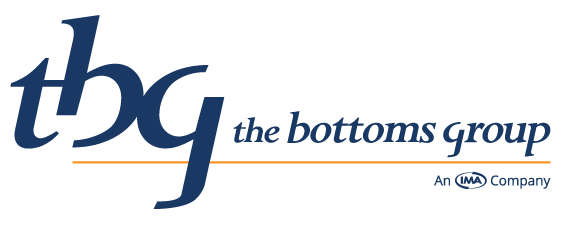BY DAVID BOTTOMS, REBC, RHU, CLU, CHFC
SENIOR VICE PRESIDENT, BENEFITS
With the labor market tight and the individual health insurance market disintegrating, it is more important than ever before for employers to calibrate their employee benefit plan to ensure competitiveness both with respect to plan design and premium cost.
And perhaps more important than the plan itself is an awareness of how to communicate the benefit program to current and potential employees to ensure an awareness (and eventual appreciation) of the significance of the employer-provided benefit plan in contrast the options in the rest of the market, particularly the individual market.
While it is obvious that a competitive benefit plan enables employers to retain key talent, what is less obvious is the degree to which turmoil in the individual health insurance market could impact mobility within the job market in the months to come.
First, some history. When the Affordable Care Act (ACA) was passed in 2010, one key observation of ACA advocates was that the bill would reduce “job lock” created by the previous structures within the individual health insurance market which required medical underwriting. In essence, “job lock” referred to employees who would be otherwise predisposed to seek other employment but could not risk the loss of employer coverage due to the fact that their personal medical history would preclude them from approval for individual health coverage.
The removal of both medical underwriting and preexisting condition limitations under the ACA served as a temporary fix; however, given accelerating losses by health insurers as a result ACA mandates, more insurance carriers than ever before have been pulling out the market. In Georgia, this is most recently evident in Blue Cross Blue Shield of Georgia’s decision to pull out of 74 counties in 2018, including all of Metro Atlanta. As a result, Kaiser Permanente and Medicaid provider networks will be the only players left in the individual market in Metro Atlanta for 2018.
As awareness of the individual market travails become more widespread in the months ahead there will be thousands of individuals on the sidelines of the labor market who will need to obtain employer coverage in order to preserve their access to health care providers and avoid the exponentially increasing costs associated with plan design dilution and premium inflation in the individual market. Along the same lines, currently employed individuals with access to employer coverage who may have been considering launching out to start their own businesses, retiring prior to Medicare eligibility, etc. may be forced to reconsider their decisions.
Given the backdrop of individual market turmoil, employers who offer a competitive benefit plan, and manage to effectively communicate it, can retain the talent that they want to keep and attract the talent that they draw into their organization.
Talking points that can be utilized in the communication effort can begin with highlighting that the employer plan provides broad access to premier healthcare providers given that anyone seeking access to a broad, traditional provider network such as those offered by Aetna, Blue Cross Blue Shield, Cigna, Humana, or United Healthcare will need to look to an employer plan.
The conversation can then pivot to the fact that plan deductible and premium amounts in the employer plan exceed available options from benchmark employers and certainly are superior to options in the individual market.
Last, but not least, highlighting the magnitude of employer premium contributions can be an incredibly powerful way to improve the optics regarding your plan offering. As such, rather than simply show employees how much the benefit plan will cost them per month, show them how much the company is actually billed for their coverage and how much the employer chips in to offset the employee’s costs.
Given the complexity of the health insurance market and the significant costs for coverage therein, highlighting the strengths of your plan and the investments you make in it for the benefit of employees can shift employee perception, increase employee satisfaction, reduce turnover, and position you as an employer of choice in a tight labor market.


